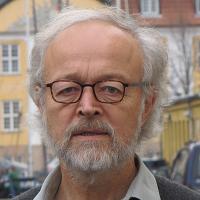‘Big bang’ solution to corruption does not work
Corruption is endemic in many developing countries but efforts to reduce it do not work well.
New laws, stronger enforcement and better anti-corruption organisations are typical tools for top-down ‘big bang’ solutions to reduce corruption. Both governments in developing countries and their donors use them. Often this is done under eye-catching labels like “zero-tolerance” on corruption; the “war” on corruption, and so on. Donors also try to replicate anti-corruption initiatives across many different countries and sectors. Mostly the impact of such efforts is limited.
Anti-corruption laws are often elaborate, but they are often not complied with nor enforced. To do business or to get access to services it is often more effective for the firm or the individual to violate than to abide the law. More regulation and better enforcement will not work when it is against the interests of powerful economic and political players.
This is because top-down vertical enforcement on its own is not enough. Some powerful players themselves must also actively support enforcements to reduce corruption. This horizontal support is crucial. Powerful public, private and civil society organisations can punish, exclude or report rule violators’ activities because these undermine their own interests.
SOAS, University of London, has contracted DIIS to participate in the Anti-Corruption Evidence Programme, ACE. It will identify ways of combining these two enforcement mechanisms to reduce corruption and improve development. The programme runs for five years and focuses on 40 case studies across different sectors in Bangladesh, Nigeria and Tanzania. It involves more than a dozen international partners. Ole Therkildsen will work on two cases in Tanzania: Port smuggling (rice and sugar) and tax authorities (economic processing zones).DIIS Experts

